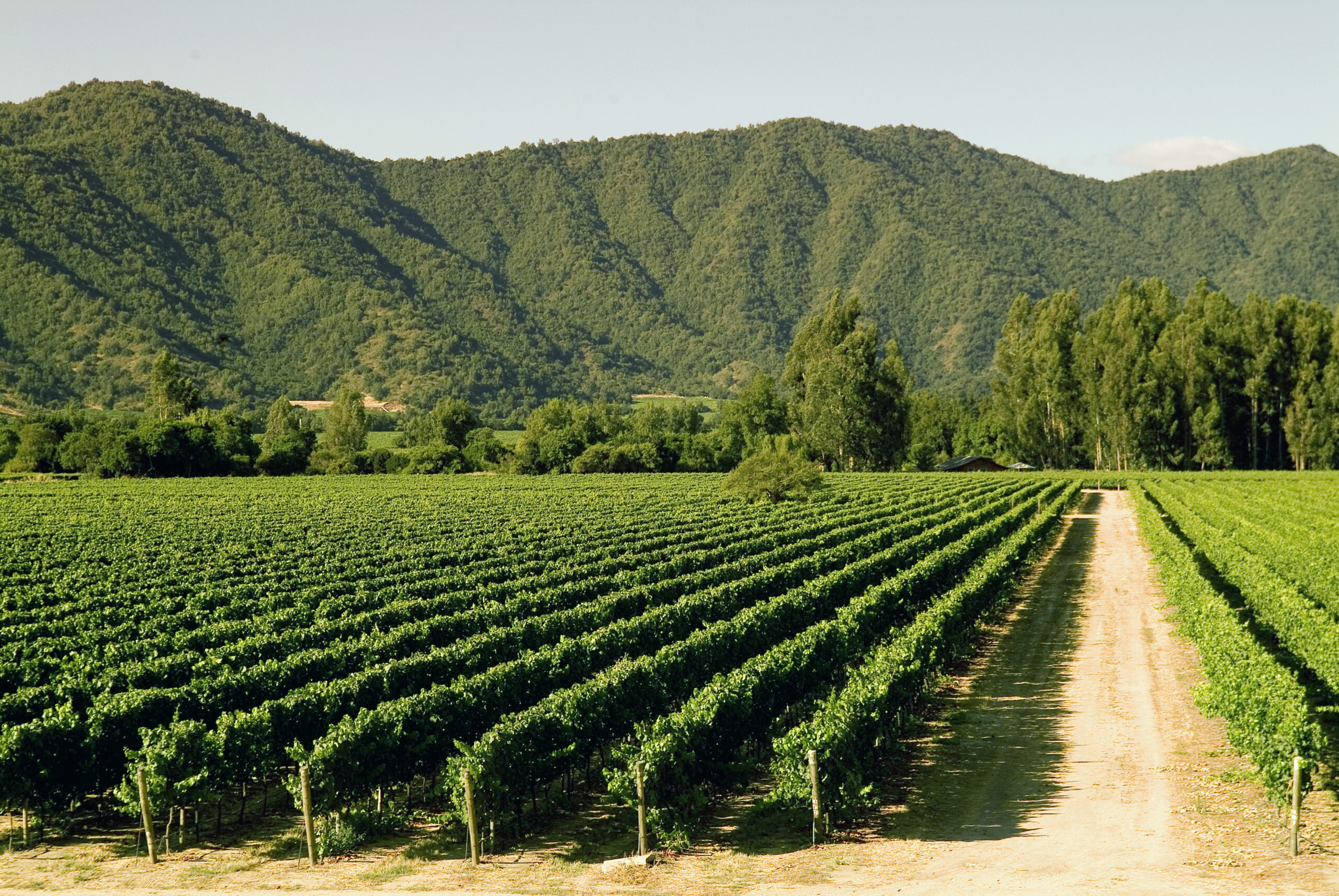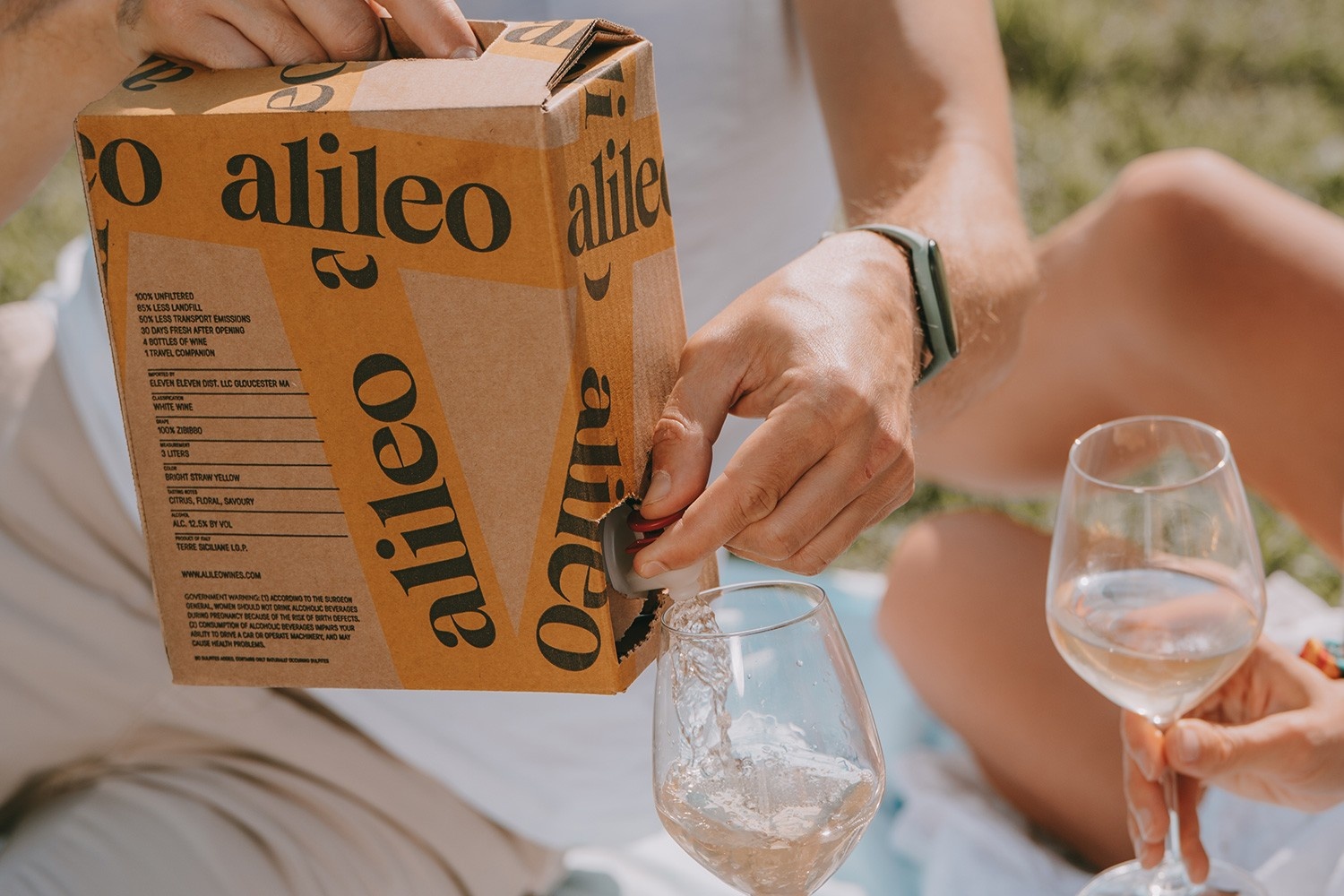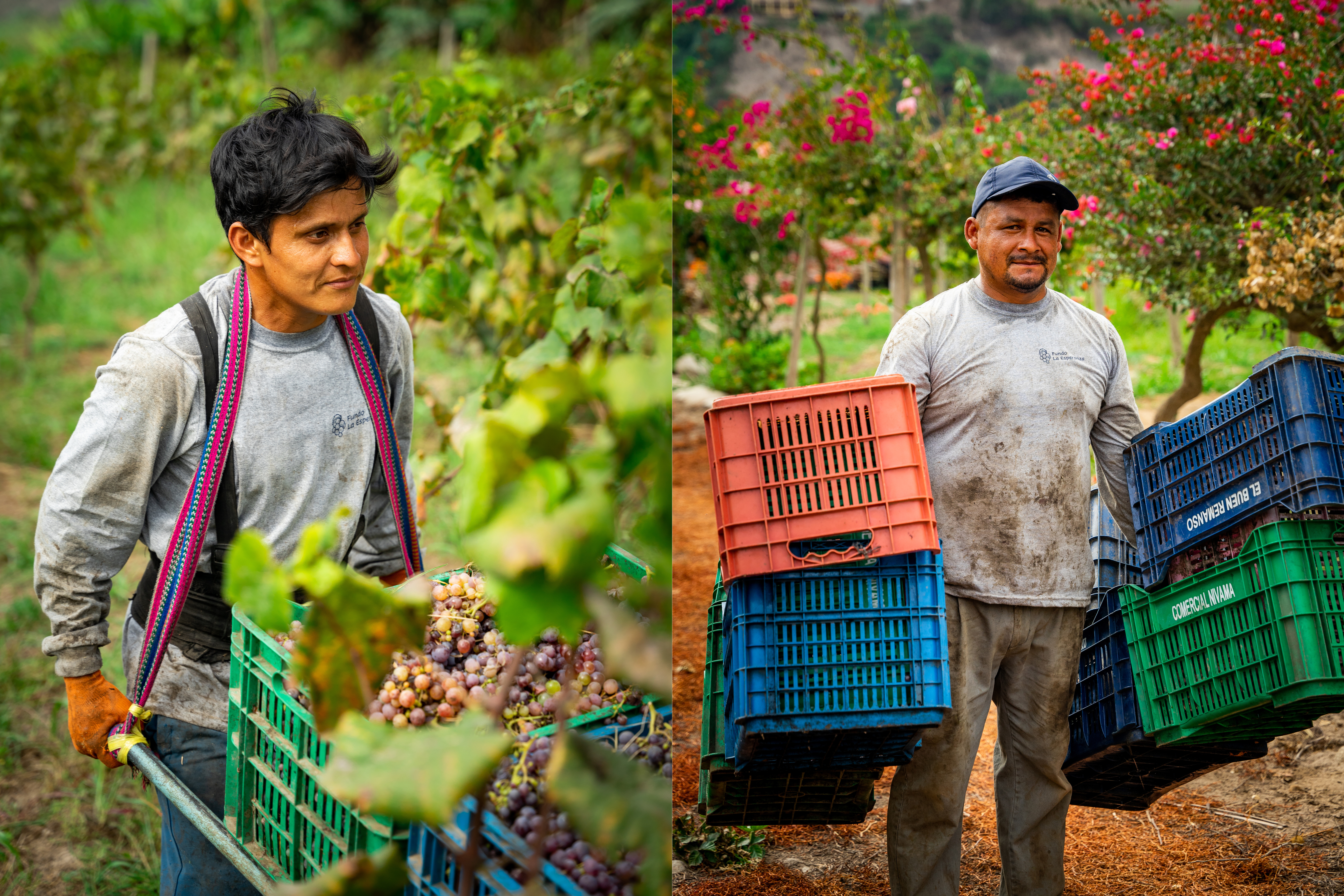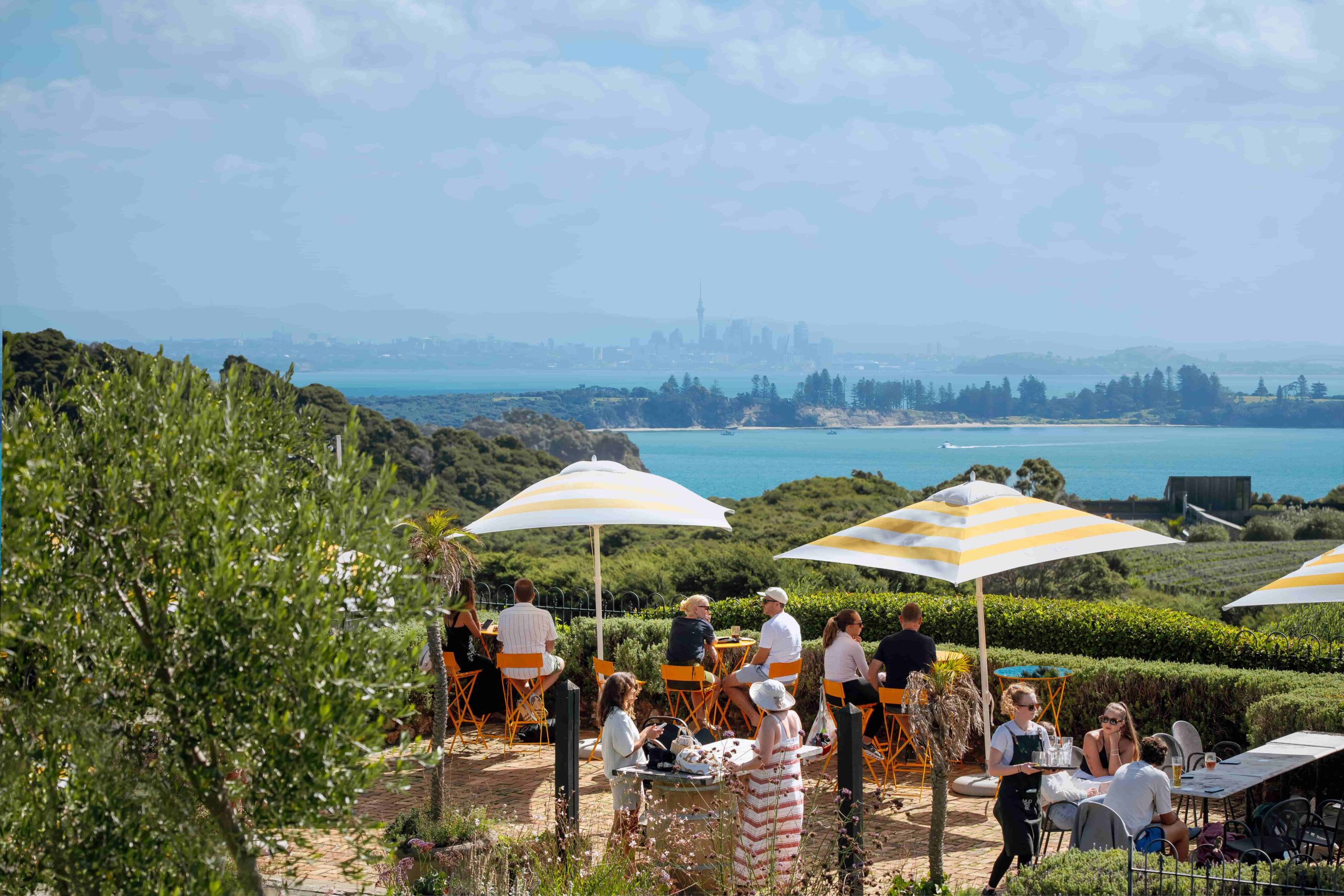NORTH STARS:
Community Support
Certifications
Production & Consumption
“Moving in the regenerative direction is not only the right thing to do, but it pays off.”
Partnership
In recent years, the Chilean wine industry has been plagued by heat, drought, fires, and the invisible hand of market forces which have triggered a startling drop in wine sales. Despite these headwinds, Chilean wineries have opted to persist with sustainable, organic, biodynamic, and regenerative agricultural practices. Though often more expensive, especially in the early years of transition, for many, the reasons for persevering remain straightforward: without healthy soils, intact ecosystems, and strict water management, the Chilean wine industry faces an existential crisis. One winery pushing the boundaries on these practices to preserve its future is Viñedos Orgánicos Veramonte (VOV) in the Casablanca Valley.
The Casablanca Valley lies 60 miles northwest of Chile’s capital city, Santiago. This transverse valley, oriented east-west like California’s Santa Barbara wine regions, runs roughly 20 miles in length and sits around 20 miles inland from the Pacific Ocean. The region’s unique topography and location near the ocean create a cool-climate effect of fog, wind, and cloud cover in what would otherwise be a hot and arid environment. The Humboldt Current, which originates in the Antarctic, flows up the west coast along Chile’s beaches, chilling the water and sending breezes inland to be sucked across the land as warm air in the east rises.
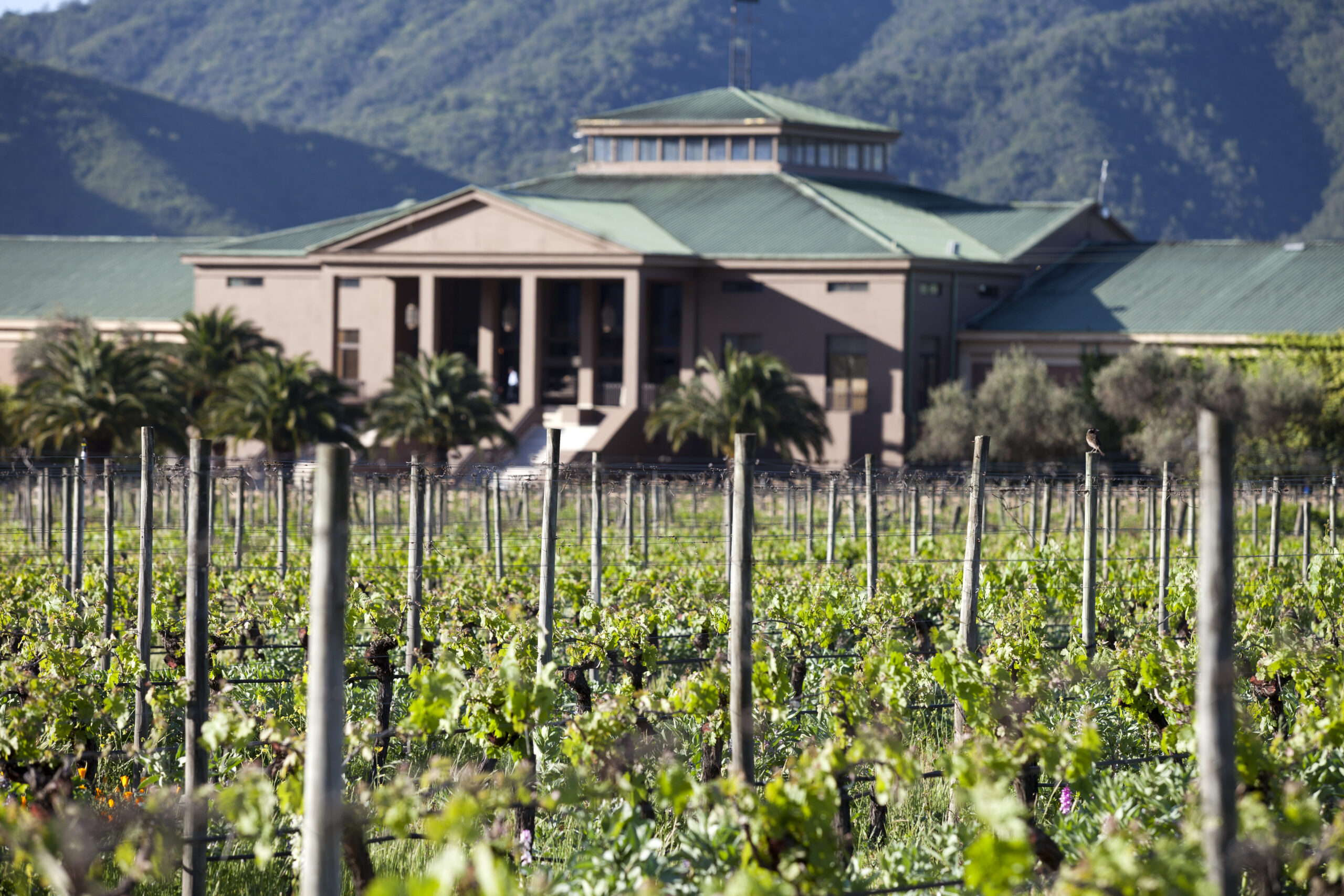
Winery and vineyard. Courtesy of Viñedos Orgánicos Veramonte.
These conditions allow wineries to grow both white grapes as well as acid-loving red grapes. Sauvignon Blanc, Chardonnay, Pinot Noir, and Syrah thrive. Yet, while the climatic conditions appeal to winemakers focused on crafting fresh energetic wines, troubles are brewing, especially around one critical resource: water.
“There are no rivers here,” says Viñedos Orgánicos Veramonte’s winemaker Gonzalo Bertelsen, adding, “Last year, we only had 250 mm of rain. At this rate, there may be only 25 years left in the water table.” That’s less than 10 inches of rainfall. For perspective, Napa Valley receives an average of 27 inches.
Viñedos Orgánicos Veramonte moved from conventional viticulture to organic in the first step of its transformation in 2012. The winery team introduced biodynamic agriculture starting in 2014, completing the transition in 2017. Bertelsen, appointed head winemaker in late 2022, would oversee what had become one of the country’s top 100 percent organic and sustainable wineries. Regenerative agriculture was the obvious next step, not only because sustainability was deemed critical by the company for its future and the quality of its wines, but because it’s also a way to develop self-sustaining vineyards.
Regenerative agriculture effectively takes a holistic approach towards farming. Rather than a “do no harm” or “harm reduction” model, regenerative agriculture aims to revitalize the soil and the environment. Goals include restoring degraded soils by fostering microbes and nutrients, which have the beneficial knock-on effect of sequestering carbon and improving drought-resistance. Organic matter holds more water – a key issue for Chilean vineyards in general.
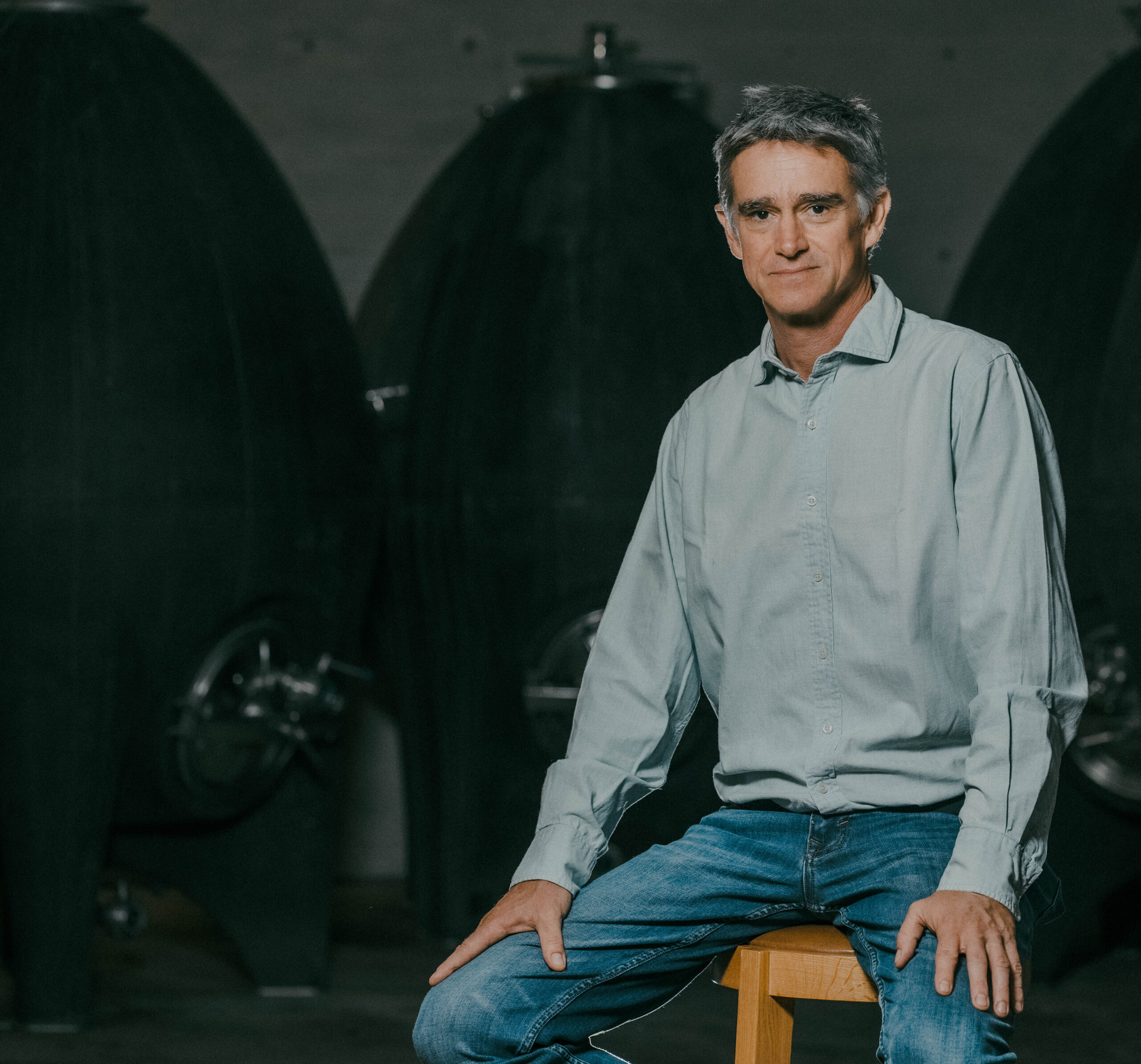
Winemaker Gonzalo Bertelsen. Courtesy of Viñedos Orgánicos Veramonte.
Casablanca has a high cost of doing business due to lower fruit yields, scarcity of water, and the price of land, further exacerbated by real estate pressure. “We’re seeing growers, after their contracts are up, sell their farms to developers to build houses or second homes,” says Bertelsen.
Viñedos Orgánicos Veramonte has two labels under its umbrella, Veramonte and Ritual. Both showcase the purity of Casablanca fruit with a range of grapes from Sauvignon Blanc, Chardonnay, Pinot Noir, and Syrah. Despite the expense, grapes are hand-picked to ensure an even selection of ripe fruit while reducing the compaction of soils from tractors and machinery.
The Veramonte Orgánico Estate Grown Chardonnay, made with organic grapes, offers great value. Bright, with notes of citrus and orchard fruit, this clean zesty wine derives its energy from the coastal climate that defines the valley. The Veramonte Orgánico Estate Grown Pinot Noir proves Pinot Noir from Chile can be both delicious and affordable. Fermented with native yeast, the nose gives notes of raspberry, cherry, and strawberry, while silky, fine tannins showcase the structure of whole cluster fermentation.

Fog in the valley. Courtesy of Viñedos Orgánicos Veramonte.
The Ritual Sauvignon Blanc, a classic expression of Casablanca’s cool climate, offers expressive aromas of tangerine and grapefruit, a hint of juicy nectarine, and a bracing clean finish suggestive of the polar current. Drinkers would do well to select from Chile’s bounty of seafood, including oysters, mussels, and salmon, to pair it with. The Ritual Chardonnay takes on more shape and texture through whole bunch press, barrel fermentation, and time in concrete eggs. Combined with the tangy charge of the area’s granitic soils, the result is a melody of butter-poached pear and creamy lemon curd with a sweep of freshness on the finish.
While good farming practices receive most of the industry’s attention, community support and worker programs are inherent to a regenerative business model. To that end, Viñedos Orgánicos Veramonte has reserved 10 acres of organic farmland for 10 local families to grow flowers, fruits, and vegetables. The families use part of their crop to feed themselves clean food from unsprayed land, while selling the remainder back to Viñedos Orgánicos Veramonte for use in the winery kitchen to create meals for visitors.
“Moving in the biodynamic and regenerative direction is not only the right thing to do, but it pays off with healthier vines, better wine, a stronger community, and longevity of our vineyards. We hope, of course, that leads to consumer appreciation and ultimately enjoyment of our wines,” says Bertelsen.
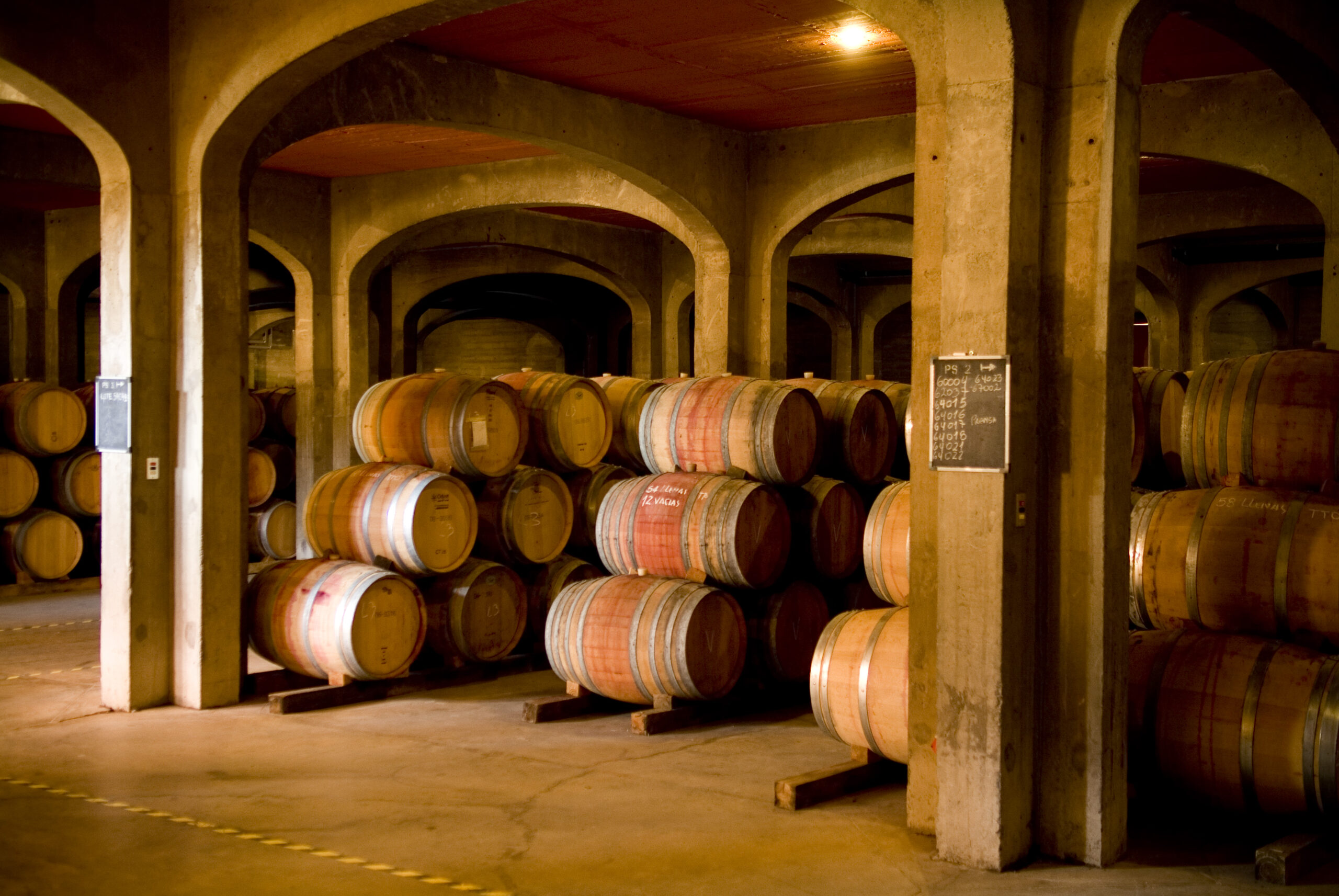
Wines aging in the cellar. Courtesy of Viñedos Orgánicos Veramonte.
North Stars: Certifications, Community Support, Production & Consumption


